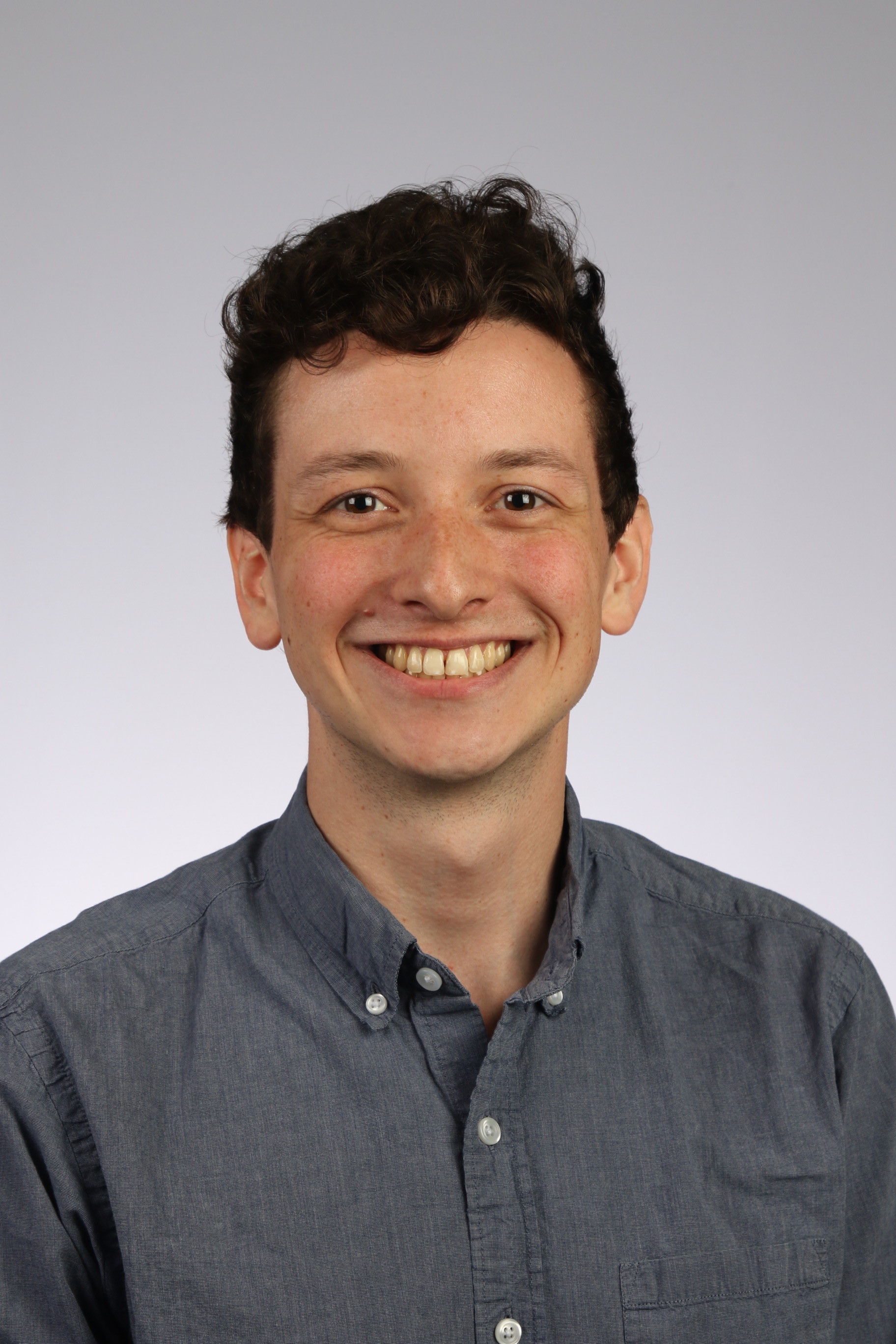- The Exoplanet Lab
- About
- Educator Guide
- Advisors
- Experts
- Credits
-
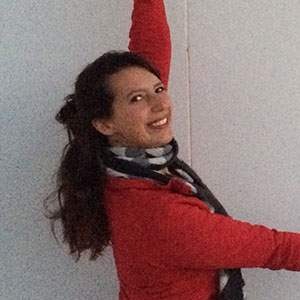
Jennifer Burt | Postdoctoral Fellow
I use high resolution spectrographs to discover exoplanets and measure their masses.
[+] MORE
I focus on the detection and characterization of exoplanets using ground-based telescopes paired with precision radial velocity spectrographs. By breaking the light from a star into a very high resolution rainbow and monitoring how that rainbow changes over time, we can look for tiny shifts that indicate the star is moving back and forth. That movement, or "wobble", can be a sign that there's an exoplanet orbiting the star and the wobble's size tells us how massive the planet is. Measuring the masses of exoplanets tells us whether they are terrestrial (like Earth) or gas giants (like Jupiter) or somewhere in between. For exoplanets that also transit their host stars, which lets us measure how large they are, precise masses become even more important. Together, an exoplanet's mass and radius tell us what the planet might be made out of and let us correctly interpret observations of its atmosphere.
What is your favorite exoplanet and why?
I love Pi Mensae c, which is a small planet orbiting a sun-like star that's so close and so bright you can see the star with your naked eye. This exoplanet was the very first discovery made by TESS - NASA's Transiting Exoplanet Survey Satellite - and it helped show that exoplanets are so common in our galaxy that we find them *everywhere*. Bright stars are ideal targets both for precise mass measurements and for detailed atmospheric studies, so Pi Mensae c will allow many types of follow up observations that will provide a very complete picture of the planet's characteristics.
What advice do you have for young people that are interested in pursuing a career in your field?
My best advice is to learn about the many different methods that exist for discovering and characterizing exoplanets, including (but not limited to): radial velocities, transit photometry, direct imaging, and transmission spectroscopy. You'll eventually choose one area to really dive into, but having a working knowledge of how all these different methods work and - even more so - how they can work together is key. I think the field of exoplanets is moving to a place where taking the time to carry out detailed characterizations of a particular exoplanet using a combination of methods is one of the most exciting things you can do, because it provides new insights and often challenges to our theories about how planets form and evolve. Also, take a statistics course - or three. Many exoplanet careers are based around modeling data, and knowing how to correctly interpret your results is absolutely crucial to producing good science.
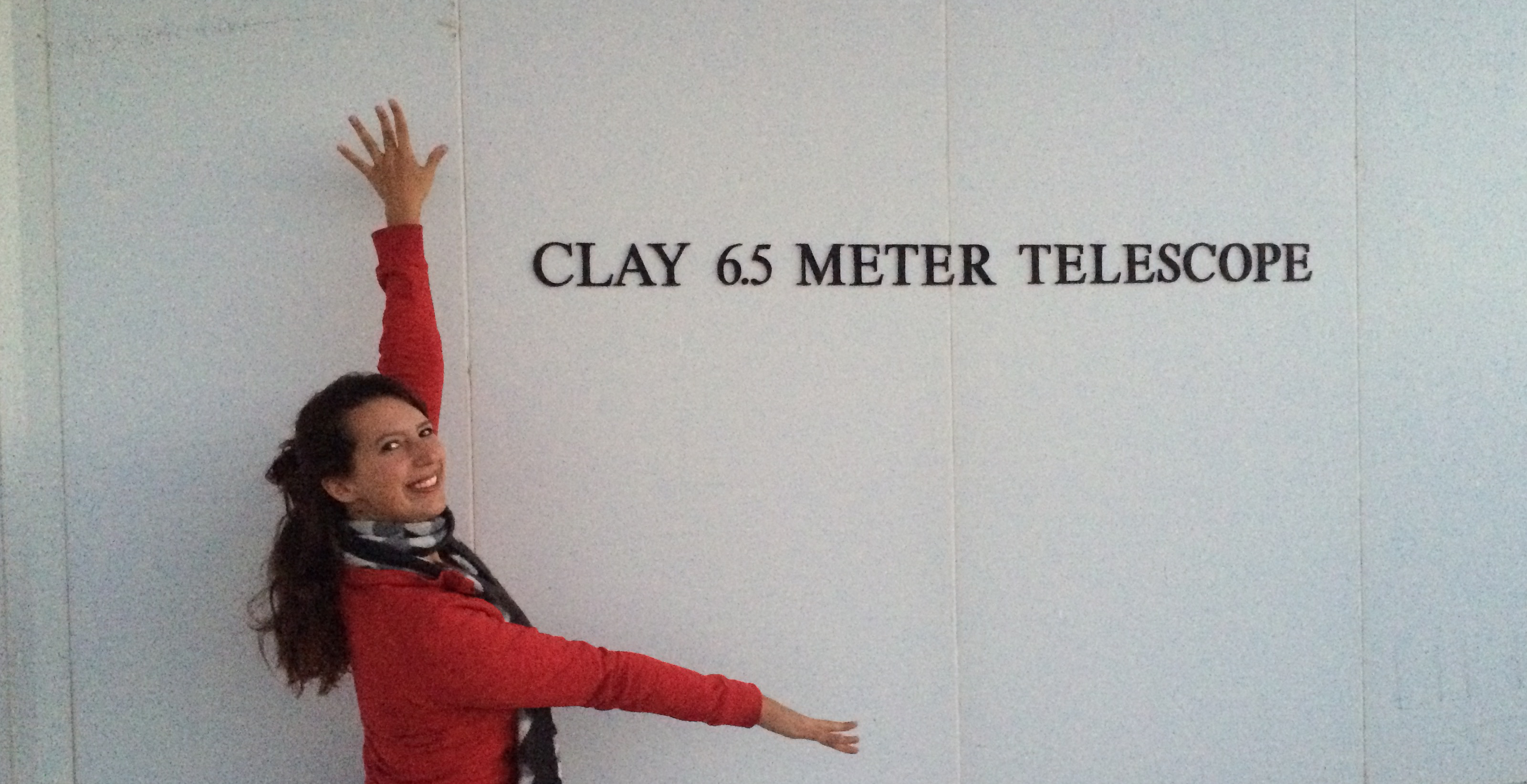 I use high resolution spectrographs to discover exoplanets and measure their masses.
I use high resolution spectrographs to discover exoplanets and measure their masses.[-] LESS
-
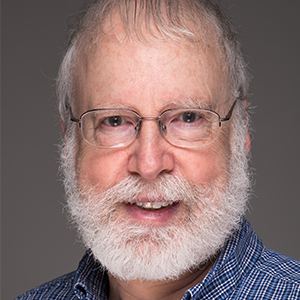
Neil F. Comins | Professor, Physics and Astronomy
I currently use computer simulations to study the behavior of galaxies like our Milky Way.
[+] MORE
Besides computer models of galaxies, I have done research in general relativity. That work explored the gravitational radiation emitted by neutron stars. I also use optical and radio telescopes to study galaxies. One fascinating system, called 3C442, has several galaxies embedded in a gas cloud that was emitted by a supermassive black hole at the center of one of them. I am also very interested in understanding how and why people develop so many misconceptions about the natural world, and how to help them unlearn those beliefs. I also write astronomy textbooks ("Discovering the Universe" and "Discovering the Essential Universe") and books for the public ("What If the Moon Didn't Exist?", "What If the Earth had Two Moons?", "Heavenly Errors" about misconceptions, "The Hazards of Space Travel," and "The Traveler's Guide to Space.")
What is your favorite exoplanet and why?
Kepler 452-b, an Earth-sized planet orbiting in the habitable zone of a star similar to the Sun. This is a good candidate for a world on which life could exist.
What advice do you have for young people that are interested in pursuing a career in your field?
To study astronomy, it is important to learn lots of mathematics, and lots of science. Young people go through a phase in their lives when they ask "why?" a lot. You have probably heard that if you have younger brothers or sisters. Some young people go on the as "What if?" questions, like "What if the Sun suddenly turned off?" (It won't, but if it did, the consequences would be staggering). Scientists are adults who still ask "Why?" and "What if?", among many other questions. Don't stop asking.
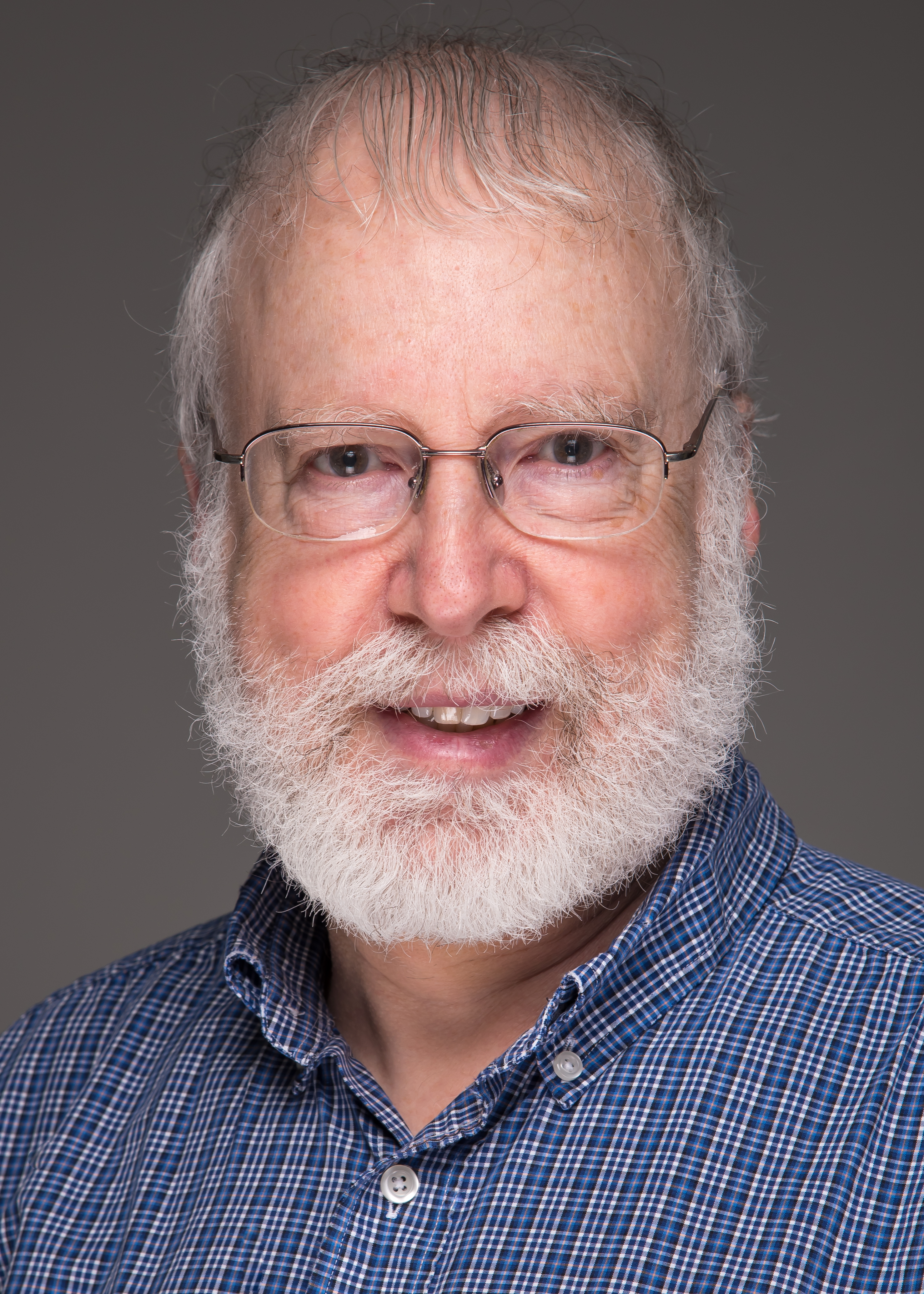 I currently use computer simulations to study the behavior of galaxies like our Milky Way.
I currently use computer simulations to study the behavior of galaxies like our Milky Way.http://nfcomins.ag-sites.net/index.htm
[-] LESS
-
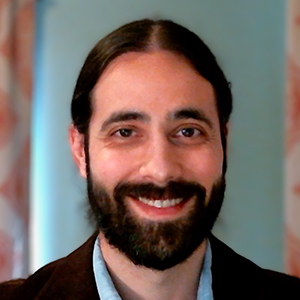
Aaron Geller | Astronomer
I use observations and simulations to study the lives and deaths of stars and planets.
[+] MORE
Aaron Geller, PhD, is an astronomer at the Adler Planetarium and Research Faculty at Northwestern University. Dr. Geller studies how stars and planets are born and how they change with time, both through observations and numerical simulations. In particular, he is interested in how gravitational interactions between stars and planets in star clusters shape the stellar and (exo)planetary systems that we observe. Dr. Geller also develops visualizations of his and others’ work for use at the Adler and Northwestern, within classroom lessons, and for the general astronomy enthusiast.
What is your favorite exoplanet and why?
Proxima Centauri b : This is the closest exoplanet to Earth that we know of. It is roughly the size and mass of the Earth and lives in the habitable or temperate zone of its star. There are already plans to send probes to this planet in the future through project Starshot.
What advice do you have for young people that are interested in pursuing a career in your field?
There are so many great books and online tools that you can use to learn about astronomy. One great website is https://www.zooniverse.org/ , where you can get involved in real research in astronomy (and other disciplines). If you're in high school or undergrad, you should contact faculty at your local university to see if you can get involved in research projects in person.
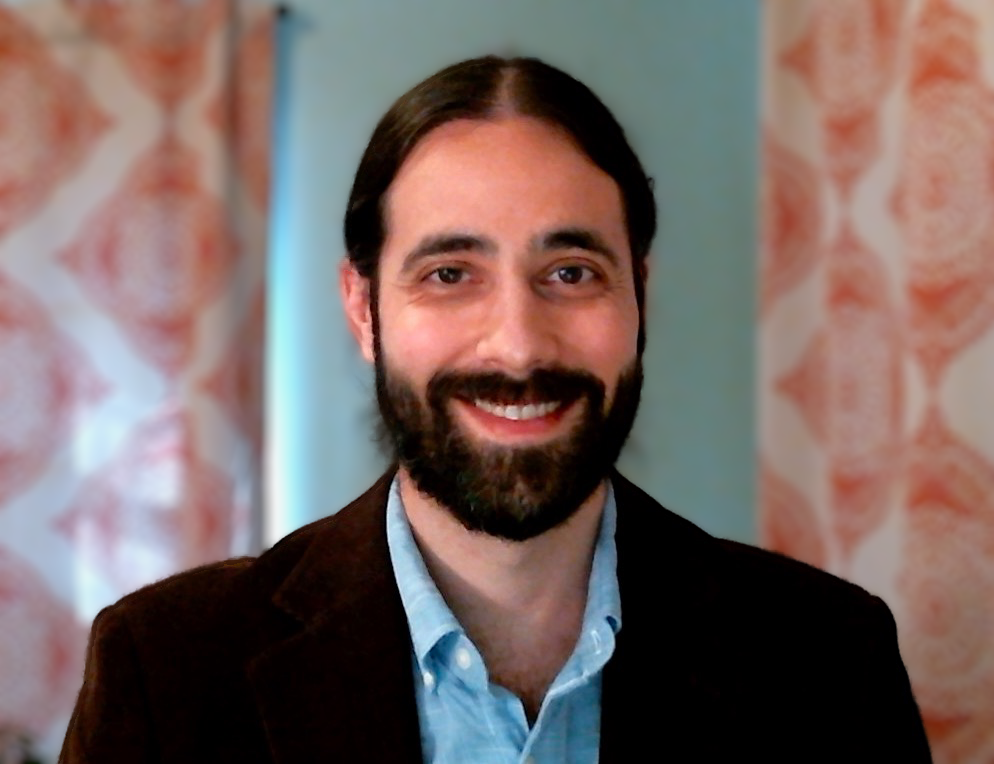 I use observations and simulations to study the lives and deaths of stars and planets.
I use observations and simulations to study the lives and deaths of stars and planets.https://faculty.wcas.northwestern.edu/aaron-geller/index....
[-] LESS
-
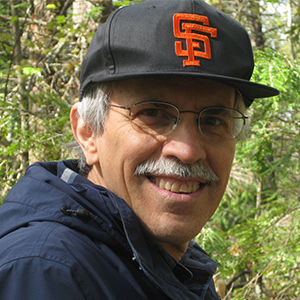
Scott Kenyon | Senior Astrophysicist
I use observations and theoretical calculations to study the formation of stars, planets, and satellites.
[+] MORE
I am a (primarily) theoretical astrophysicist who studies the formation and evolution of stars/planets, hypervelocity stars, and interacting binary systems. I use observations to test theoretical predictions and develop theoretical models to suggest new observational tests of theories. Currently, Ben Bromley and I are testing models for the formation of Pluto-Charon's small satellites. Our analysis suggests the satellites could have formed from leftover material from the giant impact that made the Pluto-Charon binary or within the debrid from a smaller impact between Charon and a 50-100 km-sized trans-Neptunian object. With Joan Najita, we have projects to understand the origin of debris disks.
What is your favorite exoplanet and why?
I do not really have a favorite exoplanet. In my work, the complete ensemble of exoplanets allows us to test our theoretical models for the formation and evolution of planetary systems.
What advice do you have for young people that are interested in pursuing a career in your field?
For any career in computing or the physical sciences, it is important to find a topic with room for growth. In many areas, progress is slow; projects can be tedious. When a field is growing, there is much more room for new ideas.
I use observations and theoretical calculations to study the formation of stars, planets, and satellites.https://www.cfa.harvard.edu/~kenyon/index.html
[-] LESS
-
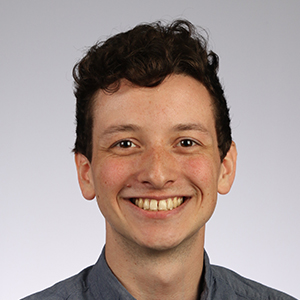
Nicholas Mehrle | PhD Candidate
I use computer simulations to study atmospheric evaporation of highly irradiated exoplanets.
[+] MORE
Exoplanets subject to large fluxes of high energy radiation can have their atmospheres sculpted by the evaporation of hydrogen from the upper atmosphere. This "photoevaporation" can result in significant mass loss from (relatively) low mass giant planets over hundreds of millions of years. Atmospheric photoevaporation is one possible explanation for the observed bifurcation of short period planets into the rocky super-earths or gaseous sub-neptunes. Planets that are actively undergoing evaporation are observed to have extended hydrogen tails trailing in their orbit. I create computer simulations to model photoevaporation from first principles, particularly around smaller exoplanets. I aim to connect models of photoevaporation to observations of extended hydrogen tails or helium exospheres, and to investigate the conditions under which a rocky exoplanet can host a hydrogen atmosphere. Past work has included using high-resolution spectroscopy to measure the composition of exoplanet atmospheres.
What is your favorite exoplanet and why?
GJ 436 b, the comet planet. GJ 436 b is a hot, close-in neptune sized planet subject to large amounts of radiation from its host star. This planet is actively evaporating, in fact it was one of the first planets to be observed actively leaking hydrogen into space. It has a huge cloud of hydrogen surrounding and trailing it, just like the tail of a comet!
What advice do you have for young people that are interested in pursuing a career in your field?
The biggest advice I have is to learn to code. Coding as a skill doesn't seem particularly valued in an undergraduate physics program (I only had 1 required class involving coding, and coding wasn't the focus of that class), however as a researcher, it is one of the most important skills to have. A huge chunk of my work revolves around coding. This isn't just applicable to people writing simulations either, it was still the case when I worked primarily with data before. I would recommend taking a course in computer science or using some of the many free online coding schools.
I use computer simulations to study atmospheric evaporation of highly irradiated exoplanets.https://www.nicholasmehrle.com/
[-] LESS
-
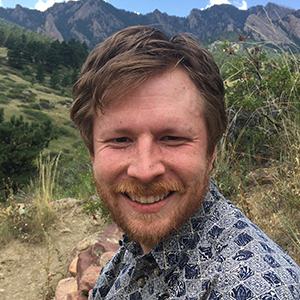
Paul Brandon Rimmer | Simons Foundation Senior Fellow
I build laboratory simulations for prebiotic chemistry on the surface of early Earth and other planets.
[+] MORE
I am a space chemist, with expertise in chemical kinetics in the interstellar medium and chemistry in planetary atmospheres. I apply my expertise, working with a team of geologists, astronomers, organic chemists and biologists to construct artificial environments that mimic conditions on the surface of early Earth and other planets. We place simple chemicals in these environments in order to see how they react. Some of these chemicals go on to form the building blocks for three kinds of macromolecules that constitute life: proteins, nucleotides and phospholipid membranes. The outcome of these experiments helps us constrain how likely it is for life to originate elsewhere in our universe.
What is your favorite exoplanet and why?
My answer changes daily. Today, my favorite planet is TRAPPIST-1b, a rocky planet very close to its host star, TRAPPIST-1, which is a star that is about 1/10 the size of the Sun, less than 1/2 the temperature, but that flares much more often than the sun. All this activity may have stripped the atmosphere of TRAPPIST-1b. Within this decade, we will know whether TRAPPIST-1b has an atmosphere, and that will tell us a lot about what kinds of planets can have atmospheres, and how habitable the planets around active cool stars really are.
What advice do you have for young people that are interested in pursuing a career in your field?
Beyond working hard in school and being curious about the world around you, it is important to become comfortable with confusion and honest about not knowing things. Confusion and ignorance can be scary, but it is always the first step in learning something new. All new research involves that the researcher does not know what she is doing. Otherwise it wouldn’t be research. It can also be embarrassing to admit when you don’t know or ask an 'obvious' question, but pretending that you do know what you don't may keep you confused and ignorant for longer. Maybe someone else already knows the answer. This attitude is even more important in research on exoplanets and origins of life which involves many different scientific fields, and no one can be expert in all of them. Comfort with confusion and honesty about ignorance help people from different fields to eventually understand each other.
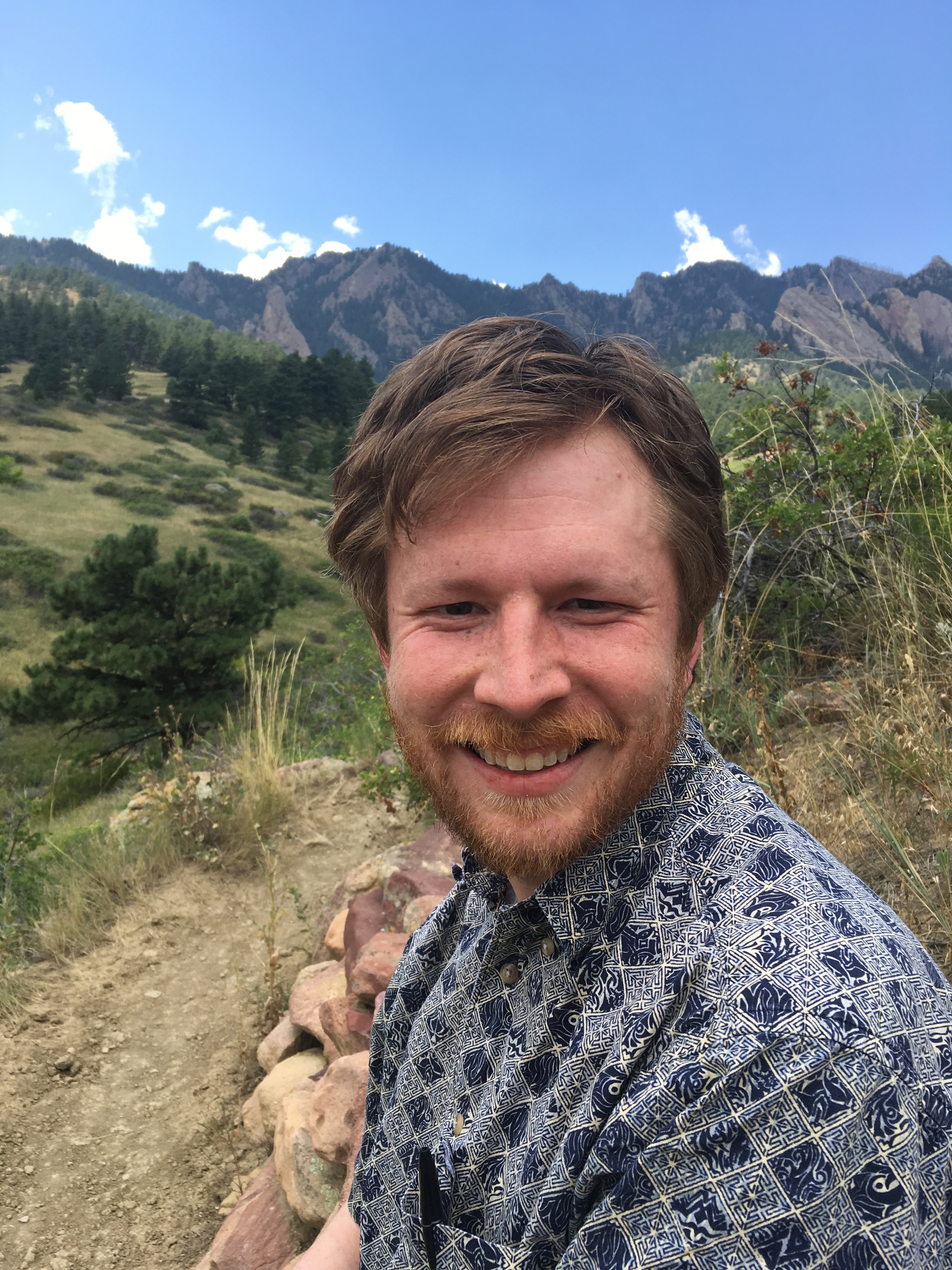 I build laboratory simulations for prebiotic chemistry on the surface of early Earth and other planets.
I build laboratory simulations for prebiotic chemistry on the surface of early Earth and other planets.http://www.mrao.cam.ac.uk/~pbr27/
[-] LESS
-
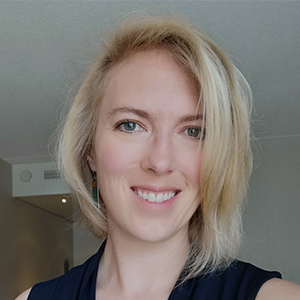
Sarah Rugheimer | Glasstone Research Fellow at University of Oxford
I use atmospheric modeling to understand how we might detect signs of microbial life in exoplanet atmospheres.
[+] MORE
Broadly, I am interested in anything related to the field of Astrobiology: the study of origin of life on Earth and the pursuit of detecting life on other planets/moons in the Universe. Currently we are just now finding planets that are Earth-sized and temperate for the first time in history. In the next two decades, first with James Webb Space Telescope and large ground based observatories like the ELT and later with follow-up missions like the proposed LUVOIR/LIFE, we will be able to detect the atmospheres of terrestrial extrasolar planets in the habitable zone (HZ). These questions of our origins and the distribution of life in the Universe are the main driving inspiration for my day to day work.
What is your favorite exoplanet and why?
Trappist 1f - it is habitable, nearly exactly Earth-sized, and if you were to stand on its surface, you would see two other habitable worlds in your night sky the size of our moon!
What advice do you have for young people that are interested in pursuing a career in your field?
Try not to limit yourself too early in undergrad. Take a broad range of science courses for two reasons. One, many people end up switching fields, and two, most of the interesting science is done at the boundaries of fields. Astrobiology is a prime example of this, combing astrophysics, biology, geology, and chemistry. I wish I had taken more science courses outside my field.
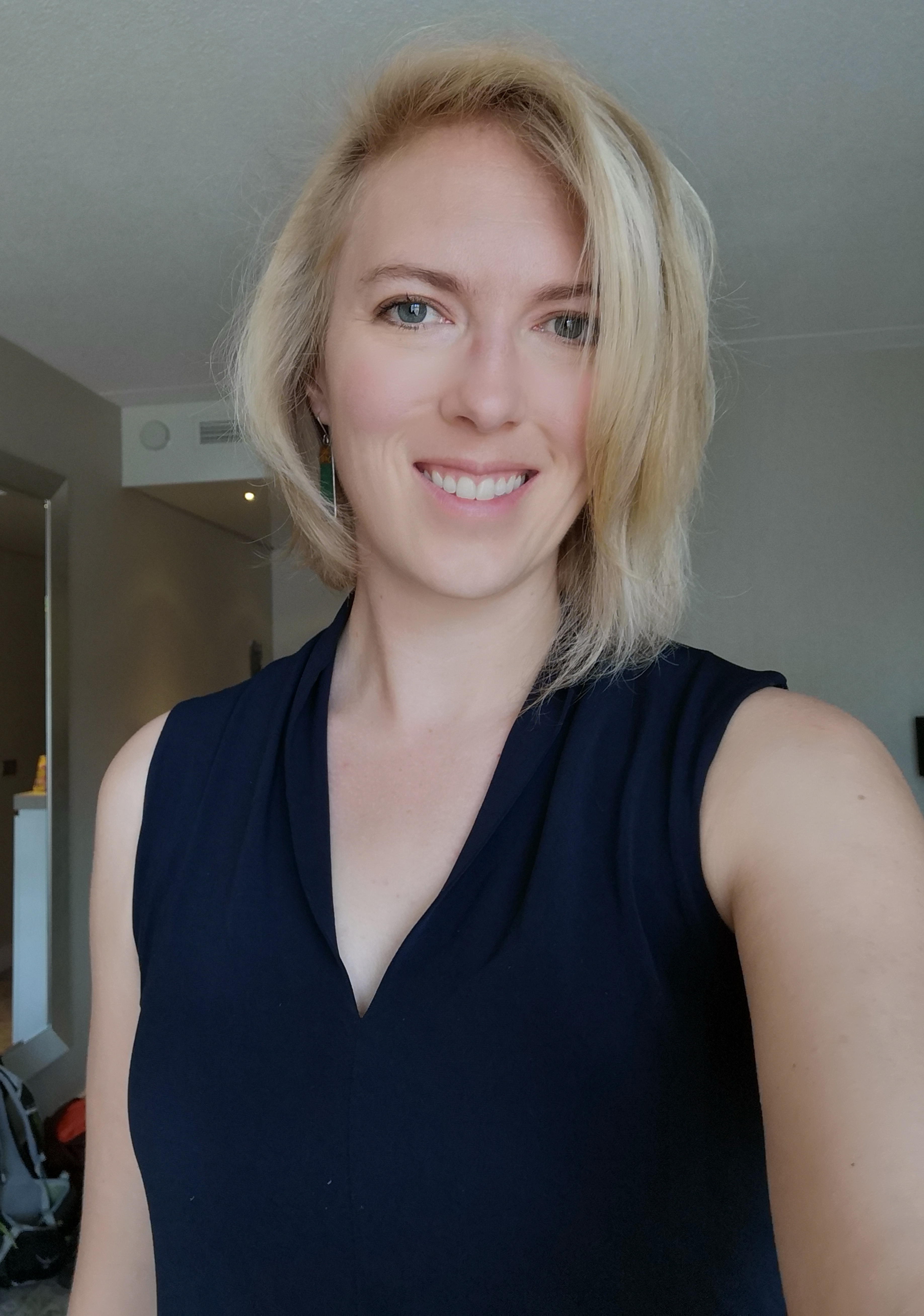 I use atmospheric modeling to understand how we might detect signs of microbial life in exoplanet atmospheres.
I use atmospheric modeling to understand how we might detect signs of microbial life in exoplanet atmospheres.https://www.youtube.com/watch?v=6n-Jx2FLL54
https://youtu.be/1v7cj0Vv5WE?t=1414
[-] LESS
-
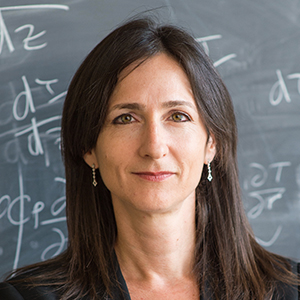
Sara Seager | Professor, Planetary Science; Physics; Aeronautics & Astronautics
I aim to search for another Earth with signs of life, by developing sophisticated space telescope concepts and pushing the frontiers of computers.
[+] MORE
Professor Sara Seager is a planetary scientist and astrophysicist. She has been a pioneer in the vast and unknown world of exoplanets, planets that orbit stars other than the sun. Her ground-breaking research ranges from the detection of exoplanet atmospheres to innovative theories about life on other worlds to development of novel space mission concepts. Now, dubbed an "astronomical Indiana Jones", she on a quest after the field's holy grail, the discovery of a true Earth twin. Dr. Seager earned her PhD from Harvard University and is now the Class of 1941 Professor of Planetary Science and Professor of Physics at the Massachusetts Institute of Technology. Professor Seager is a member of the National Academy of Sciences, a 2013 MacArthur Fellow, and was named in Time Magazine's 25 Most Influential in Space. Asteroid 9729 Seager is named in her honor.
What is your favorite exoplanet and why?
My favorite exoplanet is the next great exoplanet to be discovered. Why? Because there are always new and exciting surprises in the field of exoplanets.
What advice do you have for young people that are interested in pursuing a career in your field?
Find something that you love doing that you are also good at. Invest in learning computer programming and other relevant skills. Do what you can to build confidence.
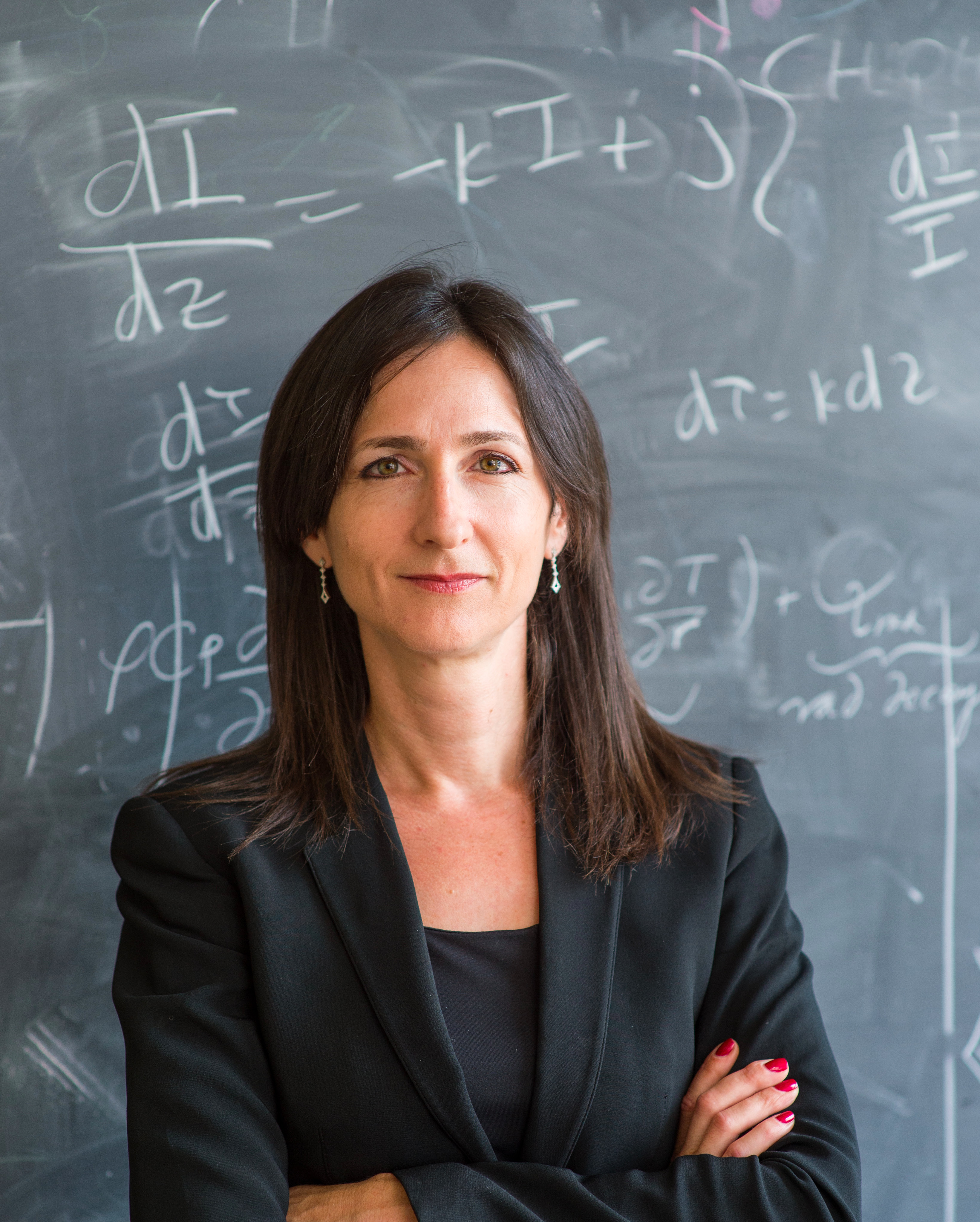 I aim to search for another Earth with signs of life on it, by developing sophisticated space telescope concepts and pushing the frontiers of computers.
I aim to search for another Earth with signs of life on it, by developing sophisticated space telescope concepts and pushing the frontiers of computers.[-] LESS
-
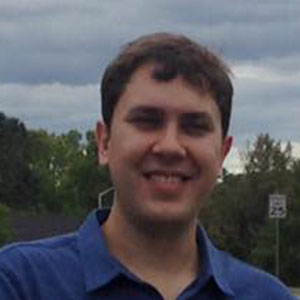
Andrew Teller | PhD Candidate
I'm studying the effects of colliding supermassive black holes on galactic mergers.
[+] MORE
My primary research interest is in general relativity. As such, I am very interested in black hole interactions, gravitational radiation, and galactic mergers. I also work as a host and presenter at the Jordan Planetarium at the Emera Astronomy Center.
What is your favorite exoplanet and why?
Kepler 22b, as it's one of best chances we've found so far to support life.
What advice do you have for young people that are interested in pursuing a career in your field?
Keep looking up at the sky! Never lose your sense of curiosity for the world around you. And if you're interested in physics, pay close attention in math class!
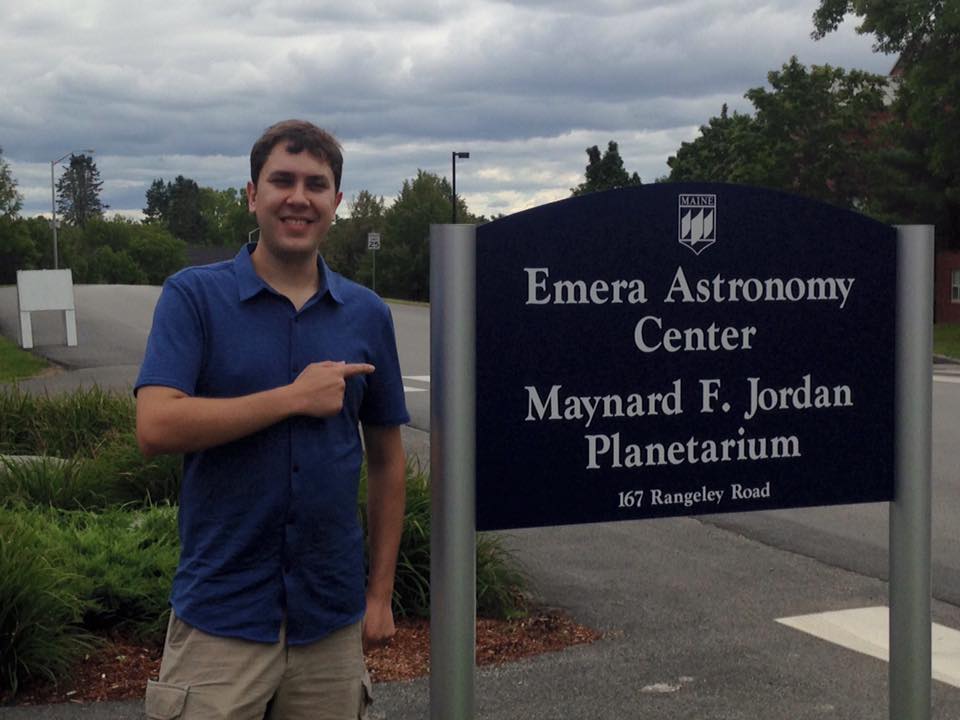 I'm studying the effects of colliding supermassive black holes on galactic mergers.
I'm studying the effects of colliding supermassive black holes on galactic mergers.[-] LESS



